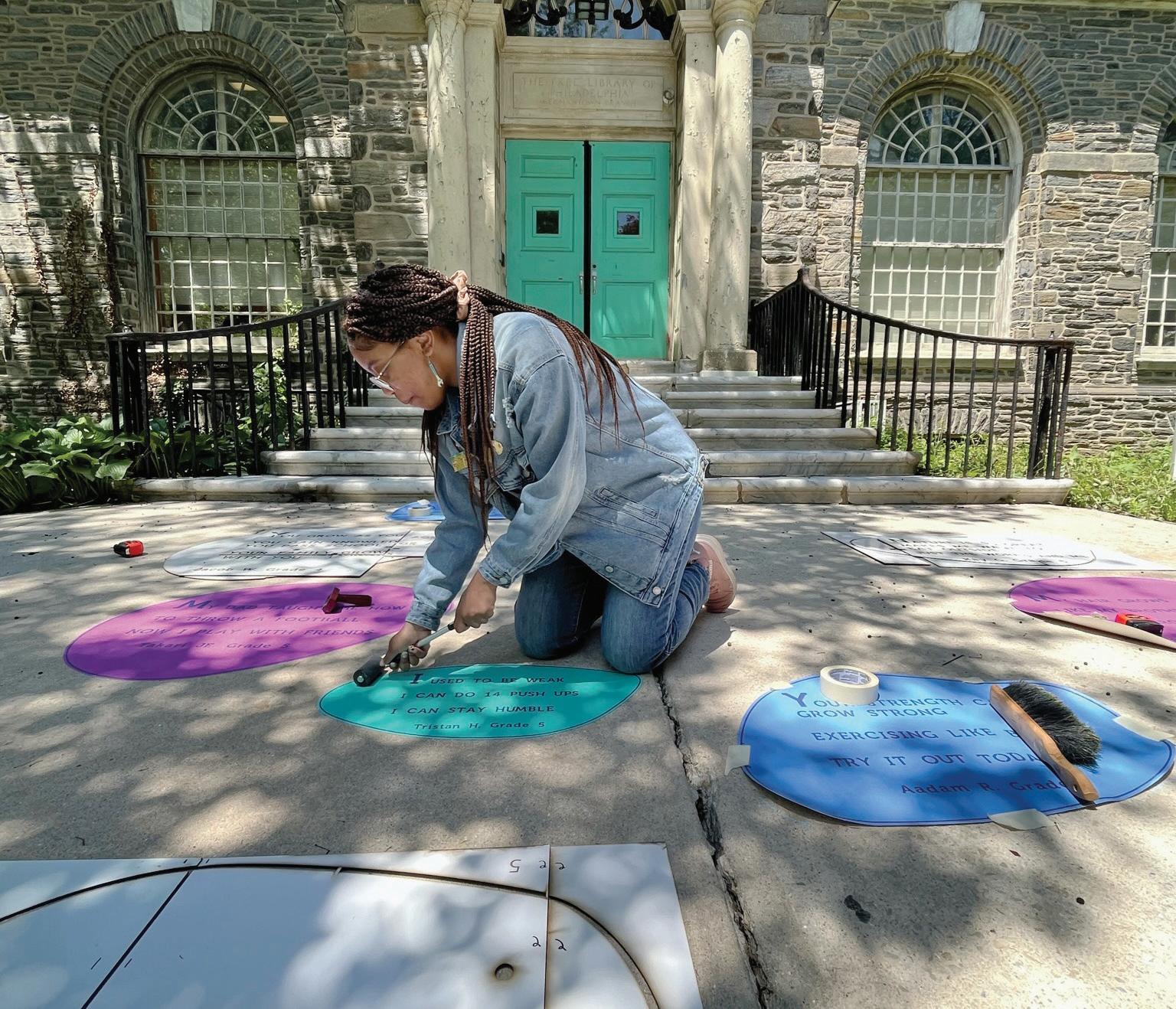
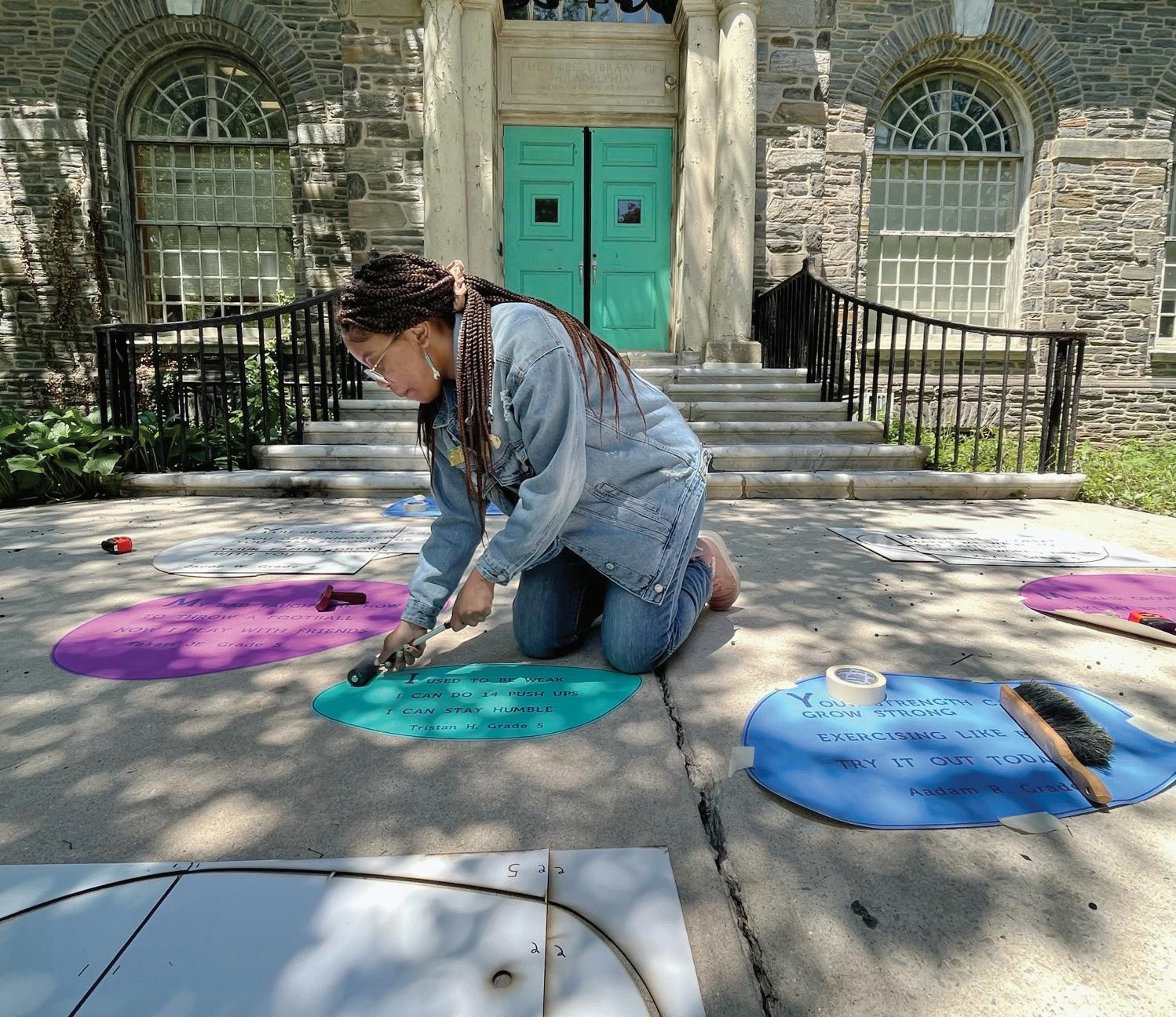



Bring the magic of the humanities to your community
Bring the magic of the humanities to your community
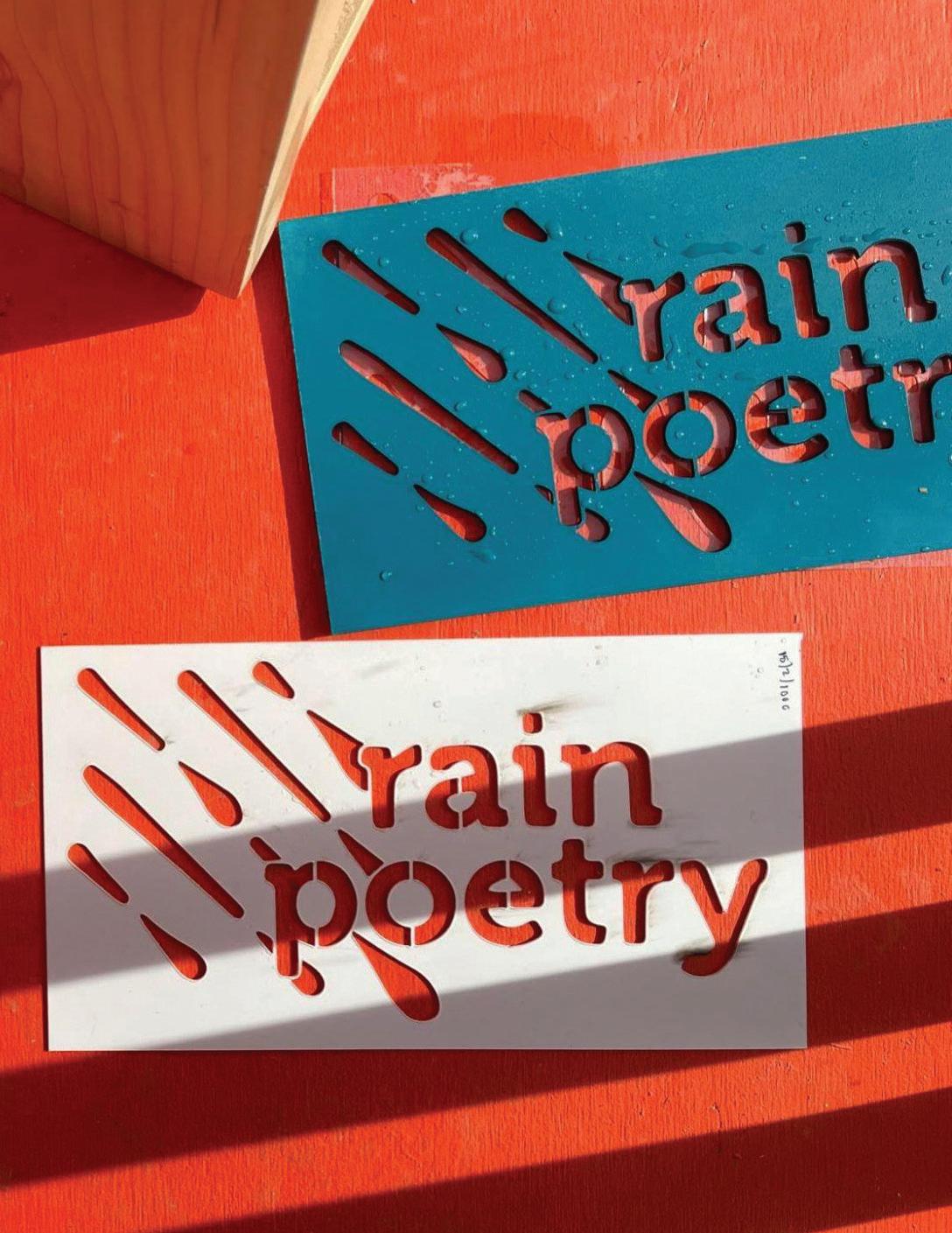



PA Humanities is proud to offer this toolkit to inspire communities in creating their own Rain Poetry projects. The toolkit provides guidance and suggested resources based on PA Humanities’ experience. Each community/organization implementing a Rain Poetry project is an independent entity solely responsible for the implementation and content of its own project. PA Humanities disclaims any responsibility for how any independent organization conducts its own Rain Poetry project. Reference to any specific commercial product, process or service by trade name, trademark, manufacturer or otherwise in this toolkit does not constitute or imply an endorsement by PA Humanities.
PA Humanities is an independent nonprofit partner of the National Endowment for the Humanities (NEH) and part of a network of 56 state humanities councils across the country. our mission is to champion the humanities as a means to spark civic engagement, build community, educate, and inspire. Learn more about us and our work at pahumanities.org
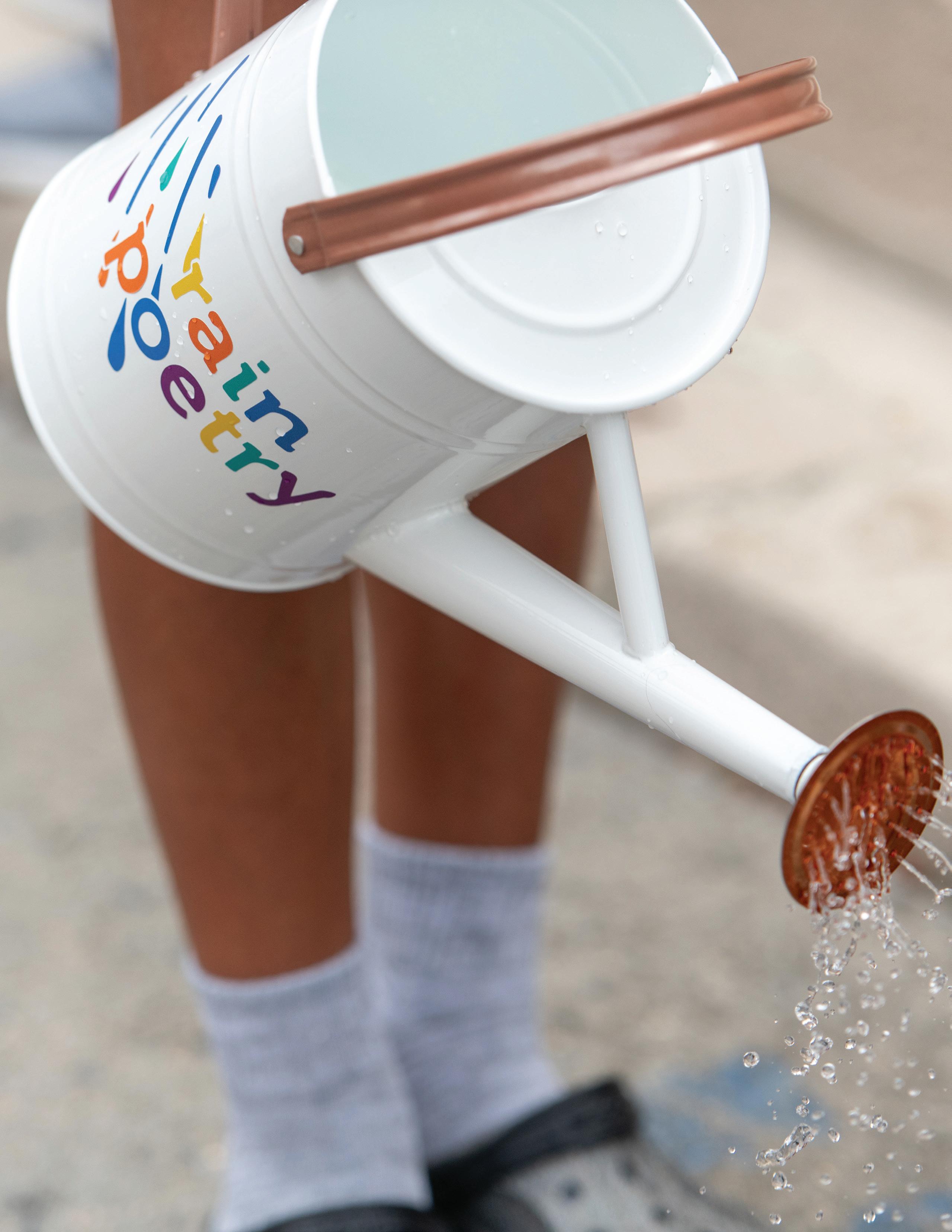
Like many creative ideas, Rain Poetry is the result of inspiration, collaboration, and thoughtful adaptation. The concept was first sparked by Boston’s 2016–17 Raining Poetry project, which displayed the work of professional poets on city sidewalks using rain-activated spray.

Inspired by that project, PA Humanities adapted the idea for Philadelphia youth as a part of its special 50 th anniversary programming. In addition, we sprinkled in learnings from decades of programming and community engagement including Teen Reading Lounge, Community Heart & Soul and Chester Made.
At its core, Rain Poetry is a humanities-rich experience that encourages young people to reflect on the world around them and craft meaningful, personal responses to big questions. Guided by a central theme or curiosity, youth take part in poetry workshops led by local teaching artists and write their own original pieces in response. Selected poems are then transformed into temporary public art in parks, libraries, and other shared spaces –appearing like magic using special spray and water. Each installation is celebrated with a community gathering that brings families, neighbors, and friends together to honor the voices of young poets.

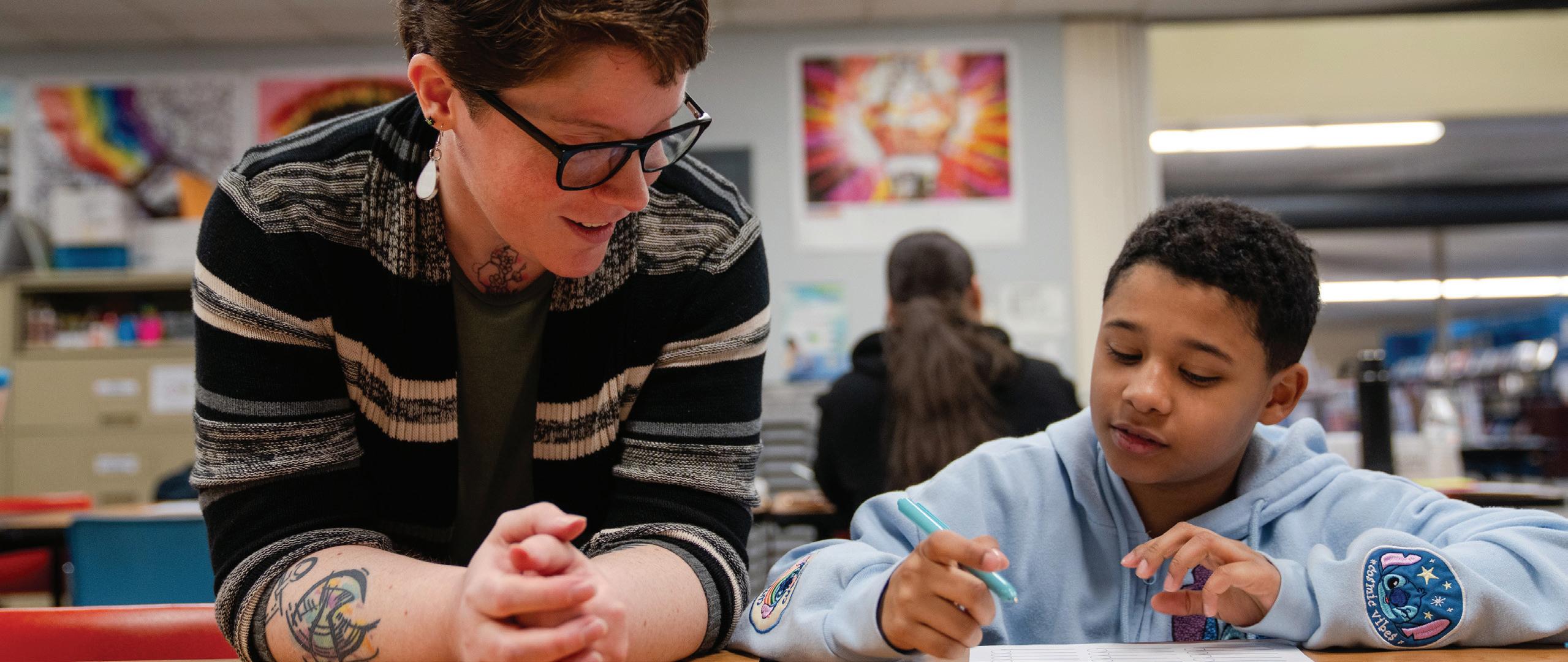
We chose haiku as the form of expression because of its simplicity and accessibility, and partnered with the City of Philadelphia’s Poet Laureate program to guide students in grades 3–8 through the process of reading, writing, and reflecting on poetry. With input from former Poet Laureates, we developed a workshop outline and brought together teachers, artists, and students from five different neighborhoods. The result was 15 hands-on literacy-based workshops. We were especially inspired by Pennsylvania Poet Laureate Sonia Sanchez, whose work with youth in Philadelphia emphasized poetry as a tool for empowerment and expression or what she called “monuments of possibility.” Her legacy helped shape our belief in the transformative potential of young voices and the power of poetic form.
In April 2023, we kicked off National Poetry Month with the first of five public installations featuring students’ haiku—made visible only when it gets wet, thanks to a special hydrophobic spray. The poems reflected on the prompts “What helps you keep growing?” and “What are things that grow?” Since that launch, Rain Poetry has expanded across four additional Pennsylvania cities (Pittsburgh, Johnstown, New Castle and Reading) with close to 30 workshops, more than 380 participating youth (ages 6 to 18), who’ve written over 300 original
poems. In addition, PA Humanities celebrated Rain Poetry with a special installation at the State Library in Harrisburg.
If you’re reading this Toolkit, chances are you’re interested in bringing Rain Poetry to your own community. In the following pages, you’ll find practical guidance on how to develop your own version of the project, including:
• Designing and scheduling workshops
• Inspiration for workshop themes and guiding questions
• Selecting poems and a location for public installation
• Planning your Community Reveal Celebration
• Creating stencils and decals, either in-house or with a local designer
• Installing the poems in public spaces
• Publishing a companion poetry booklet
Along with step-by-step advice, we’ve included insights from our experience coordinating the program, as well as photos to spark your imagination. You can also find more information and inspiration online at: pahumanities.org/rainpoetry.
Now, let’s make it Rain!
PA Humanities partnered with an external evaluator to assess the Rain Poetry projects across the state. Despite variation in workshop locations, types of partners (schools, libraries, youth centers), project themes and number of workshops, consistent youth outcomes emerged:
• Young participants developed confidence in creative expression and public speaking.
• Haiku writing proved adaptable and engaging for a wide range of ages.
• Youth took pride in seeing their words published in books and displayed in their neighborhoods.
We also learned that Rain Poetry can have a deep impact on the organizations involved. The project promotes collaboration among youth serving institutions - like schools, youth centers, and librariesthat may not have worked together before but have
complementary goals. Partner organizations reported that they appreciated a template for engaging youth in humanities activities - and this allowed them to deepen their educational programming activities while building stronger engagement with youth and their families.
While these outcomes are core to Rain Poetry, each site is encouraged to define additional, community-specific goals that reflect local values and priorities.
To support your goals, PA Humanities offers an Impact & Evaluation Guide on the Rain Poetry website. This resource includes guidance on setting goals and gathering feedback from youth, teaching artists, facilitators, and site partners. It features adaptable evaluation tools, activities, and templates to help you reflect on your Rain Poetry experience and apply insights to future programs.
Partner organizations reported that they appreciated a template for engaging youth in humanities activitiesand this allowed them to deepen their educational programming activities while building stronger engagement with youth and their families.
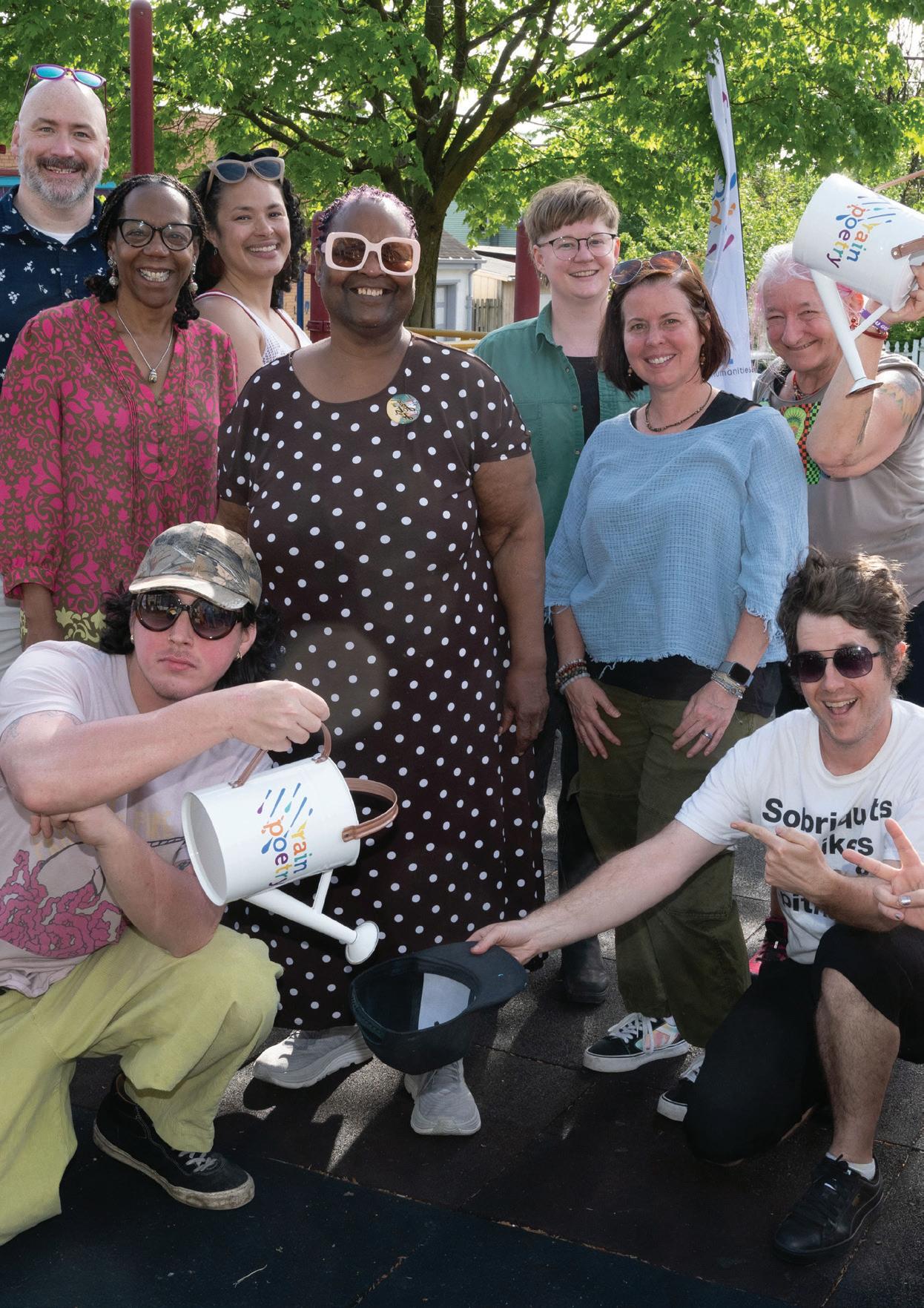
The humanities have the power to help people explore, express, and recognize both individual and shared experiences that connect us all. At PA Humanities, this belief guides everything we do. As we piloted Rain poetry in Pennsylvania communities, we gained valuable insights into what makes a creative experience truly meaningful for youth.
The heart of any strong program is thoughtful planning and a diverse team committed to bringing a program vision to life. As you begin shaping your own Rain Poetry project, we invite you to use the following guiding questions with your partners:
• Why are you interested in bringing Rain Poetry to your community? What impact do you hope it has?
• Who is your intended audience? Whose voices do you want to uplift in your community? Consider age or grade level, geographic location, and other identity or demographic factors.
• What relationships and partnerships can you draw on to support your work?
• How will you engage and involve key stakeholders— neighbors, community groups, families, and host organizations—in a meaningful way?
• What is your budget and timeline? What resources will you need to bring this project to life?
Taking time to reflect on these questions will help you design a more intentional, inclusive, and impactful program, one that centers youth voices and fosters connection.
understanding and empathy through shared experiences
Through the power of the humanities, we come to understand one another and connect more deeply by sharing human experiences.
Storytelling, historical perspective, personal reflection, creative expression, and meaningful dialogue are ways the humanities come alive in our daily lives. By engaging with the humanities, communities can document their experiences and cultures, interpret the world around them, and uncover meaning in everyday moments. The result is transformative: insights that cultivate empathy, knowledge that guides informed decisions, and connections that strengthen both individuals and communities.
When dialogue becomes a shared practice, it lays the foundation for community building, making us more connected, more compassionate, and more prepared to take meaningful action.
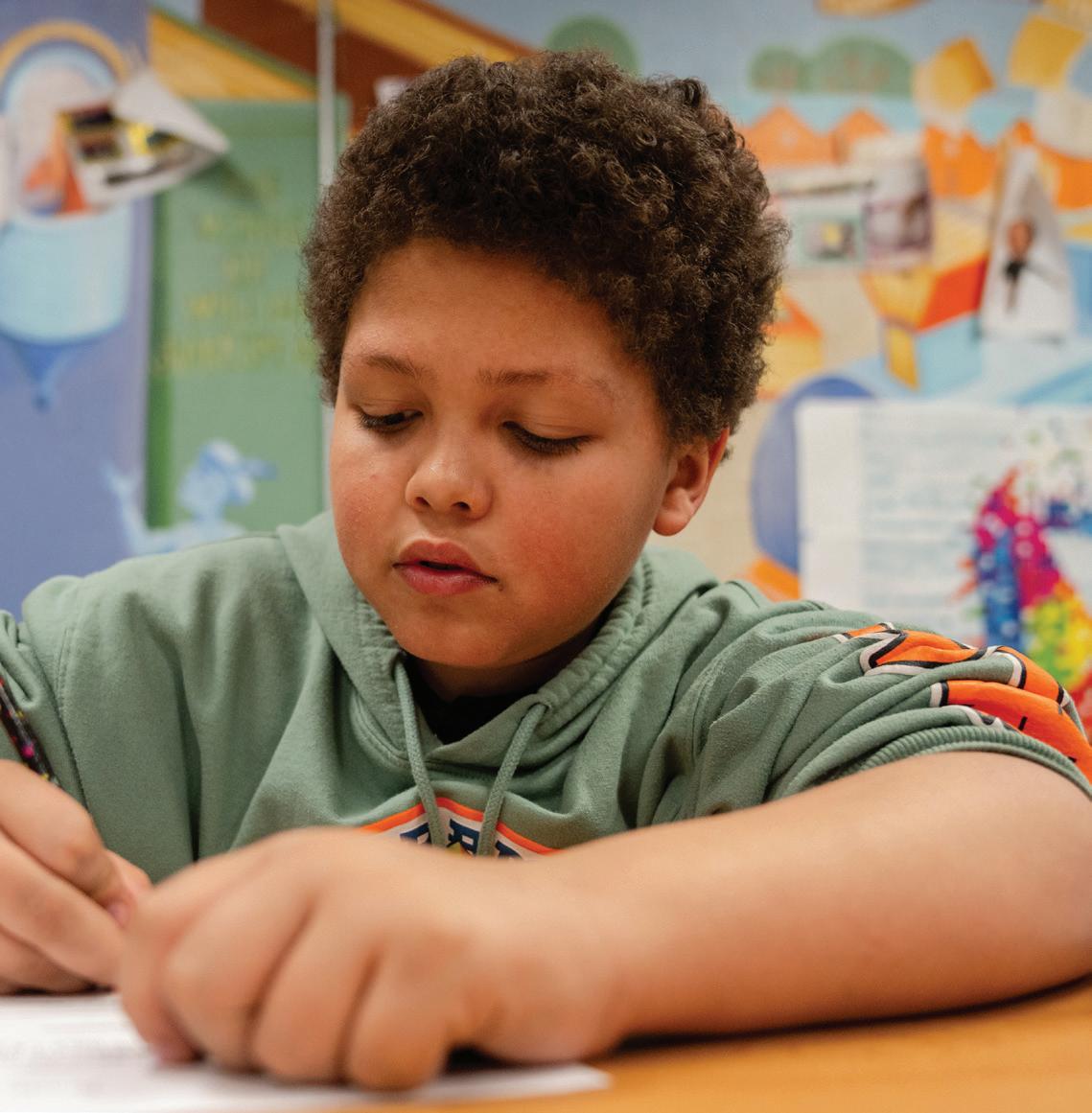

At PA Humanities, everything we do is with, not for, the communities we serve. Building deep partnerships anchored in reciprocal relationships is key for this collective endeavor. As you embark on your Rain Poetry journey, we recommend collaborating with local organizations with similar goals and objectives. Partnerships can be between organizations and individuals. Local institutions, like libraries, schools, community groups and afterschool programs, can provide physical space to hold workshops and/or act as community anchors.
Partnerships with individuals can include poets, teachers, librarians, youth group leaders, artists, designers and installers. Work with poets, teachers, librarians and
youth group leaders to develop and lead poetry writing workshops. Artists, designers and installers will help with artistic aesthetics and fabrication of the poetry stencils, decals, and additional signage needed to make your Community Reveal Celebration pop.
Bringing partners together early in the process to identify goals, an audience and to build a mutually beneficial workplan will ensure that your Rain Poetry project is collaborative, community-led and responsive.
Whenever possible it is important to work with organizations and individuals who are from and reflect your community. We encourage you to visit the individual city pages on our website to learn more about how each host developed Rain Poetry to align with community, partner and youth interests and needs.